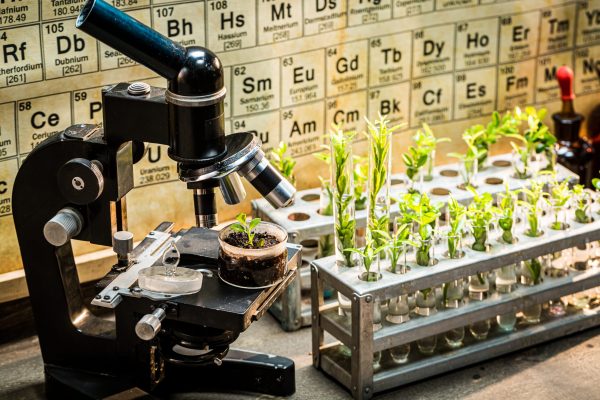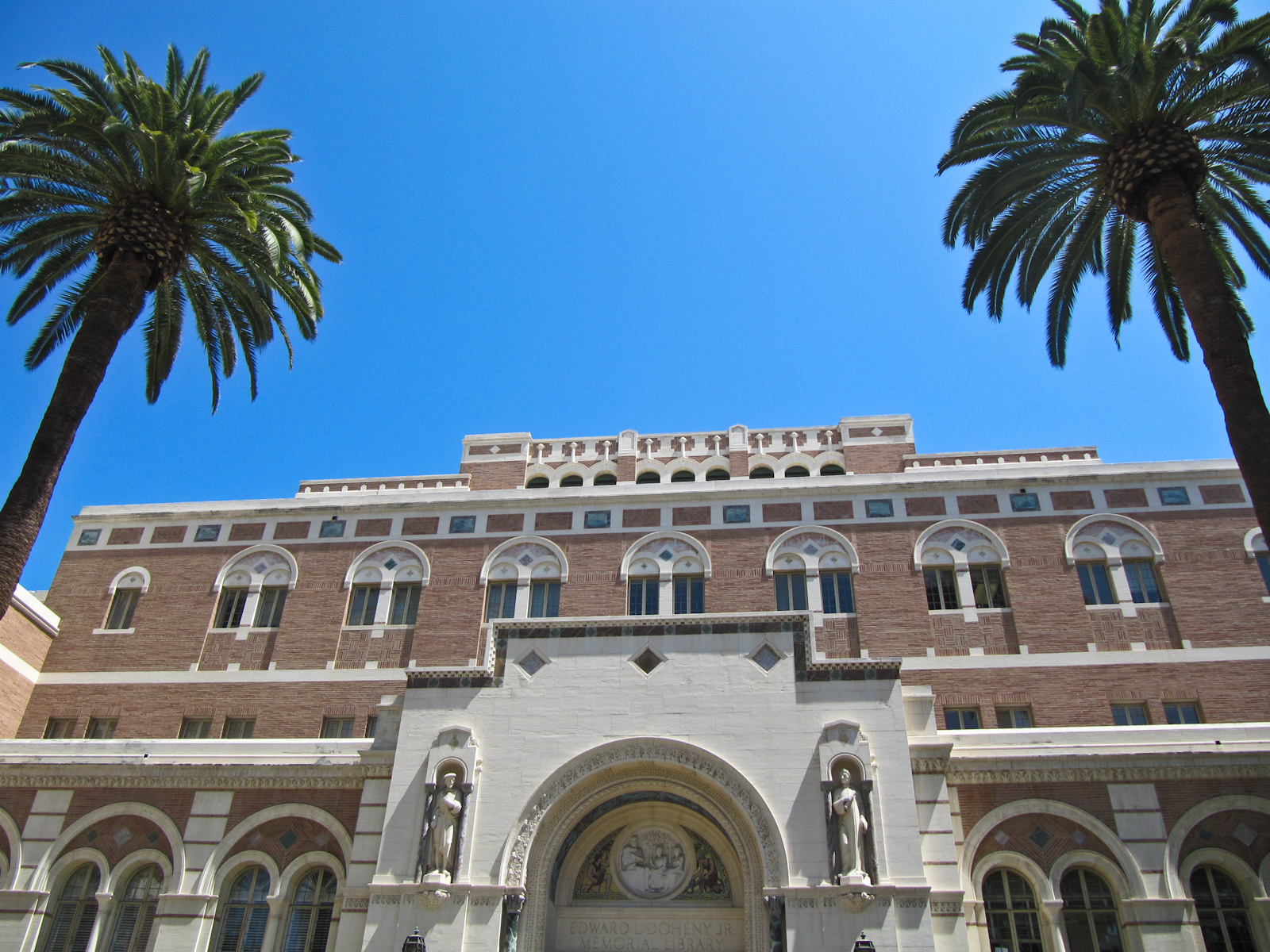Drawing from advanced technologies that enable the controlled release of medication to specific cells, a recent study involving UC Riverside scientists has found that nanotechnology should be applied to agriculture in order to meet the steadily increasing global demand for food.
In a paper published June 6 in the journal Nature, researchers from UCR and Carnegie Mellon University highlight some key strategies for using nanotechnology to improve agriculture.
Nanotechnology refers to the study and design of things that are microscopically small — a nanometer is one billionth of a meter, or about 100,000 times smaller than the width of a human hair. Nanotechnology enables medications to be targeted to the body’s cells that most need them.
However, these concepts have yet to gain widespread application in plant science.
“There are studies predicting we will need to increase food production by up to 60% in 2050 relative to 2020 levels. Right now, we are trying to do that through inefficient agrochemical delivery,” Juan Pablo Giraldo, UCR associate professor and the paper’s co-author, said in a statement.
“Half of all the fertilizer applied on farms is lost in the environment and pollutes the groundwater. In the case of commonly used pesticides, it’s even worse,” Giraldo said. “Only 5% reach their intended targets. The rest ends up contaminating the environment. There is a lot of room for improvement.”
Currently, agriculture in responsible for as much as 28% of the word’s greenhouse gas emissions, according to a UCR statement. Added to a range of other factors including extreme weather events, rampant crop pests and rapidly degrading soil, academia and industry have identified the need for new agricultural practices and technologies.
The recently published research details approaches from nanomedicine that could also deliver pesticides, herbicides and fungicides to specific biological targets.
“We are pioneering targeted delivery technologies based on coating nanomaterials with sugars or peptides that recognize specific proteins on plant cells and organelles,” Giraldo said. “This allows us to take the existing molecular machinery of the plant and guide desired chemicals to where the plant needs it, for example the plant vasculature, organelles, or sites of plant pathogen infections.”
The result of using nanotechnology could be plants that are more resilient against disease and harmful environmental factors such as extreme heat or highly salty soil. Researches also observed that nanotech sets the stage for a much greener approach with fewer unintended, problematic effects on the environment.
The study also explored using artificial intelligence and machine learning to create a “digital twin.”
Medical researchers use computational models known as “digital patients” that simulate medicines’ interaction with and movement within the body, according to the study. Plant scientists can also design “nanocarrier” molecules that deliver nutrients or other agrochemicals to where a plant’s organs most need it.
“It’s like J.A.R.V.I.S. (Just A Rather Very Intelligent System) from the film Iron Man. Essentially an artificial intelligence guide to help design nanoparticles with controlled delivery properties for agriculture,” Giraldo said. “We can follow up these twin simulations with real-life plant experiments for feedback on the models.”
Greg Lowry, Carnegie Mellon engineering professor and co-corresponding author of the review paper, said in a statement, “Nano-enabled precision delivery of active agents in plants will transform agriculture, but there are critical technical challenges that we must first overcome to realize the full range of its benefits. I’m optimistic about the future of plant nanobiotechnology approaches and the beneficial impacts it will have on our ability to sustainably produce food.”
The paper, titled “Towards realizing nano-enabled precision delivery in plants,” is available online, in its entirety only for Nature subscribers, at https://tinyurl.com/542kwvhf.







